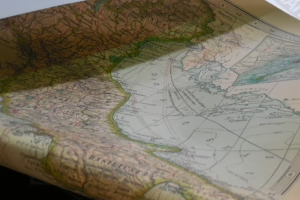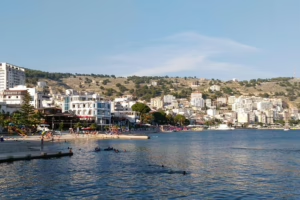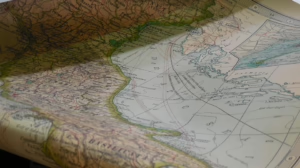Kosovo’s Journey: From Ancient Kingdom to Modern Statehood
Kosovo, a small yet historically rich region in the Balkans, has undergone a tumultuous journey from its ancient roots as a kingdom to its contemporary status as a partially recognized modern state. This article delves into the significant events that have shaped Kosovo’s identity over millennia, highlighting its cultural heritage, struggles for autonomy, and the ongoing quest for global recognition.
Ancient Foundations
The early history of Kosovo dates back to prehistoric times, with archaeological evidence pointing to human habitation as early as the Paleolithic era. By the 6th century BCE, the region was inhabited by the Illyrians, a group of tribes that played a crucial role in establishing the early foundation of Albanian and Balkan identity. The Illyrians were later conquered by the Romans, and Kosovo became part of the Roman Empire, further integrating the area into a broader Mediterranean civilization.
With the decline of Rome, Kosovo fell under the control of various empires, including the Byzantine Empire and later the Serbian Kingdom during the medieval period. The 12th-century formation of the Serbian state saw Kosovo emerge as a crucial center for Serbian culture and Orthodox Christianity. The Battle of Kosovo in 1389, a pivotal event in Serbian history, symbolized the struggle against Ottoman expansion. Its legacy continues to influence cultural memory and nationalism within Serbia and among ethnic Albanians.
Ottoman Influence and Cultural Bloom
The Ottoman Empire’s conquest of Kosovo in the late 14th century marked a significant transformation in the region. Under Ottoman rule, which lasted for over four centuries, Kosovo experienced profound social, religious, and cultural changes. Many Albanians converted to Islam, and the demographic landscape began to shift—changes that would have long-lasting implications for national identities in the area.
Despite the challenges imposed by foreign rule, this period also fostered a unique cultural environment. Notable figures like the poet and religious leader Gjon Buzuku emerged, contributing to the Renaissance of Albanian literature. The Ottoman era also saw the establishment of vibrant cities like Pristina and Gjakova, which served as cultural crossroads.
The Path to Nationhood
The decline of the Ottoman Empire in the 19th century paved the way for rising nationalist movements across the Balkans. Ethnic Albanians began to seek autonomy, resulting in the Albanian National Awakening, which sought to reclaim their language and heritage. The Iljazbeu of the League of Prizren in 1878 epitomized this struggle for Albanian national identity and territorial integrity.
Following the Balkan Wars (1912-1913), Kosovo was incorporated into the Kingdom of Serbia and later Yugoslavia. However, the interwar period and World War II were marked by ethnic tensions and violence, culminating in atrocities committed against both ethnic Albanian and Serbian populations.
Post-World War II, Kosovo became an autonomous province within the Socialist Federal Republic of Yugoslavia. While Joseph Broz Tito’s regime granted some rights to ethnic Albanians, longstanding grievances remained unaddressed, leading to further discontent.
The Yugoslav Wars and Independence
The disintegration of Yugoslavia in the 1990s precipitated a violent conflict in Kosovo. The rise of Slobodan Milošević and his nationalistic policies incited ethnic tensions, culminating in the Kosovo War from 1998 to 1999. The brutal crackdown on ethnic Albanians by Serbian forces led to widespread human rights violations and the intervention of NATO in 1999, which resulted in the establishment of a UN-administered territory.
In 2008, Kosovo declared independence from Serbia, a move recognized by over 100 countries, including the United States and a majority of European Union states. However, Serbia continues to claim Kosovo as part of its sovereign territory, and several nations, including Russia and China, do not recognize Kosovo’s statehood.
A Modern State Navigating Challenges
In the years since its declaration of independence, Kosovo has faced significant challenges in building a viable and inclusive state. Political instability, economic dependency, and ethnic divisions remain pressing issues. While the country has established its institutions and made strides toward European integration, development remains uneven, particularly in areas predominantly populated by ethnic Serbs.
Internationally, Kosovo continues to grapple with its status, seeking greater recognition and support. The dialogue facilitated by the European Union aims to normalize relations between Kosovo and Serbia, yet entrenched historical narratives and political interests often impede progress.
Conclusion
Kosovo’s journey from an ancient kingdom to modern statehood underscores the complexities of identity, nationalism, and state-building. As Kosovo navigates its path forward, the resilience and aspirations of its people offer hope for a future marked by peace, cooperation, and recognition on the global stage. The confluence of its rich history and contemporary challenges presents a unique narrative—a testament to the enduring spirit of a people striving for self-determination and belonging.
[modern_footnote_source_link]
























Add Comment